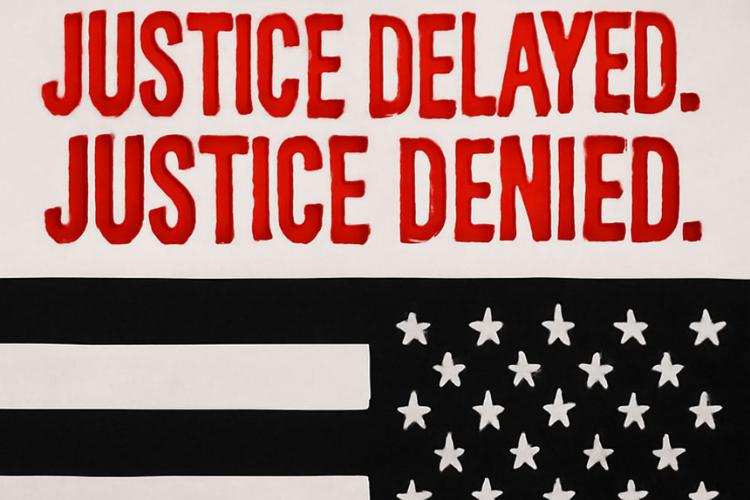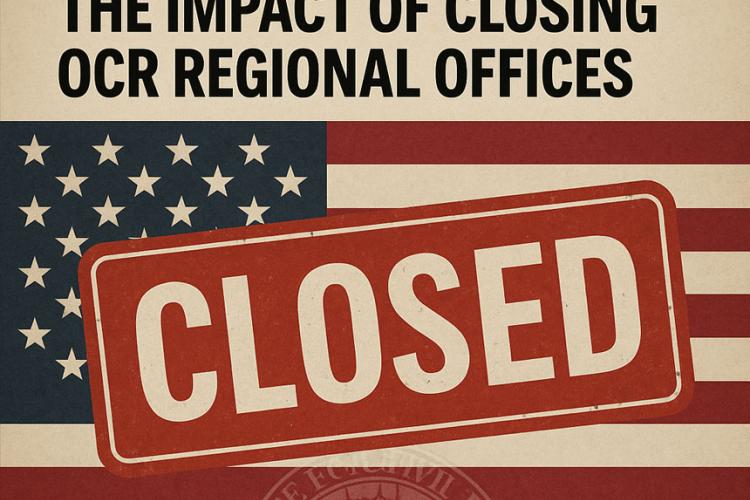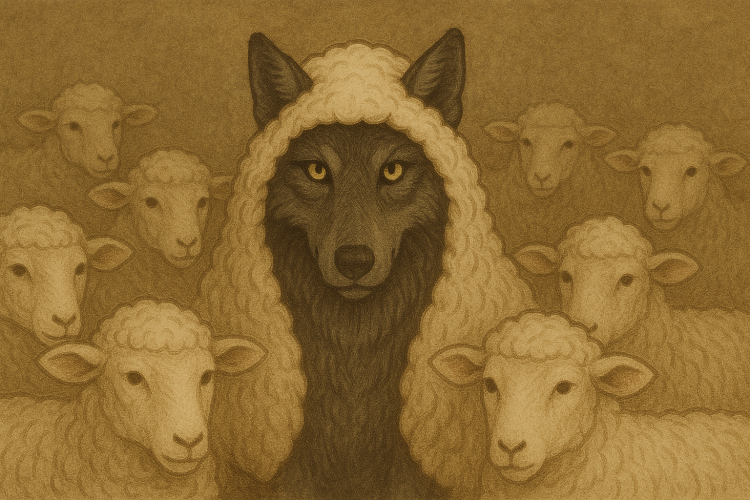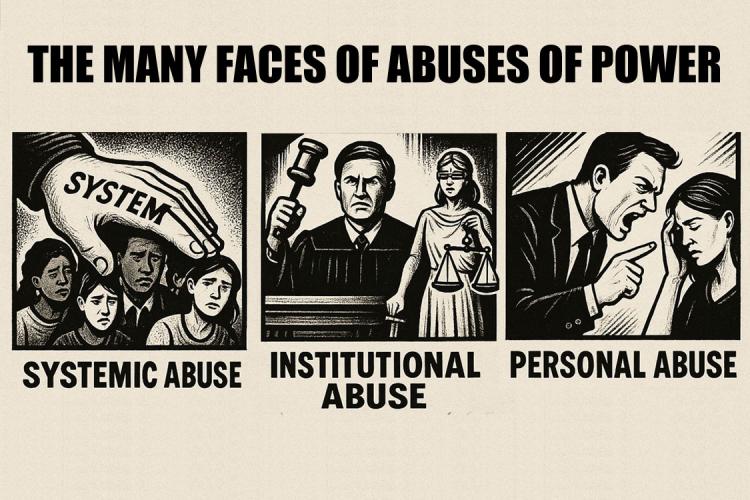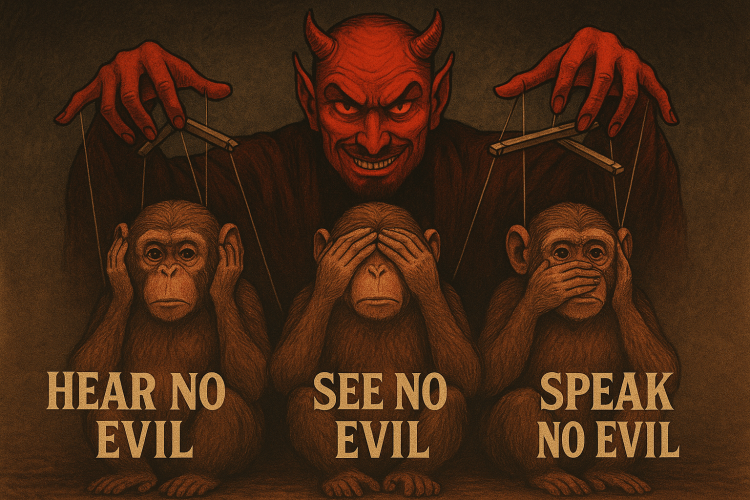The closure of several regional offices of the Department of Education’s Office for Civil Rights (OCR) under the current administration exposed deep vulnerabilities in how educational civil rights are enforced. With fewer offices, slower investigations, and limited access for rural and underserved communities, it became clear that the OCR, even before the closures, struggled with longstanding inefficiencies. These gaps have left countless students without timely protection against discrimination based on race, gender, disability, and other protected statuses.
26 April 2025
The closure of several regional offices of the Department of Education's Office for Civil Rights (OCR) was presented by the currrent administration as a move toward greater efficiency. Citing long-standing problems like bureaucratic delays, case backlogs, and internal inefficiencies, the administration argued that consolidating operations would create a leaner, faster, and more focused agency to address the most serious civil rights violations in education.
25 April 2025
The phrase "a wolf in sheep’s clothes" is more than just a warning from folklore or scripture—it’s a psychological blueprint for manipulation. Psychologically, this metaphor represents individuals who hide harmful intentions behind a façade of kindness, trust, or morality. They may be charming, helpful, or even spiritual, all while harboring deceitful or abusive motives beneath the surface.
24 April 2025
Abuses of power can take many forms—personal, institutional, or systemic—and each carries devastating consequences. At the personal level, power can be misused in families, friendships, or workplaces when individuals control, manipulate, or intimidate others for personal gain. These abuses often remain hidden behind closed doors, protected by silence, fear, or shame.
24 April 2025
The iconic image of the three wise monkeys—one covering its ears, another its eyes, and the third its mouth—symbolizes the principle of “hear no evil, see no evil, speak no evil.” While often interpreted as a call to maintain moral purity, this symbolism takes on a more haunting meaning when viewed through the lens of abuse of power.
To read the full article and access more exclusive content, please visit us at Ko-fi!
23 April 2025
In a world where abuses of power—whether personal, institutional, or systemic—often go unchecked, your voice is one of the most powerful tools you possess. When someone speaks out against injustice, they not only disrupt a culture of silence but also inspire others to do the same. Silence may feel safer, especially when fear, retaliation, or disbelief loom large. But silence is what allows abuse to thrive.
Sign Up for Newsletter
Stay inspired and make a difference—subscribe to our newsletter to get impactful stories, volunteer opportunities, and ways to support our mission delivered right to your inbox.

